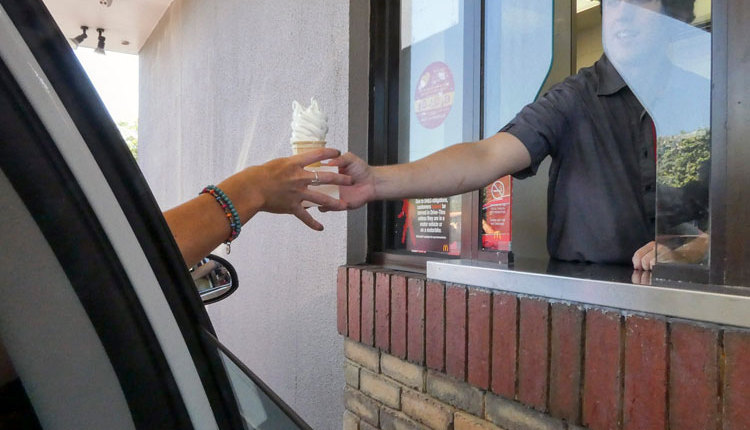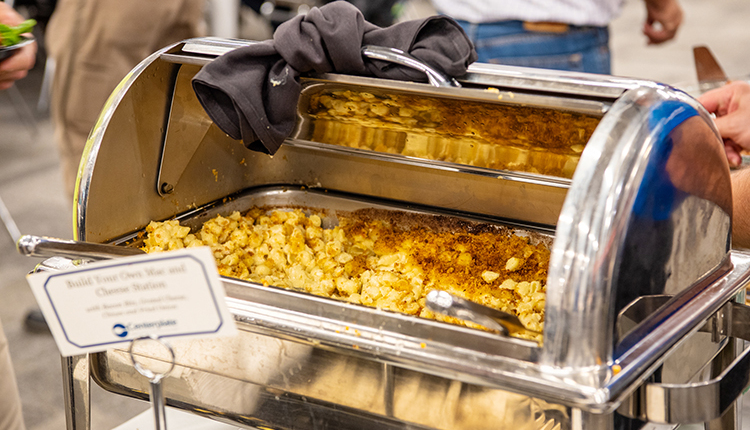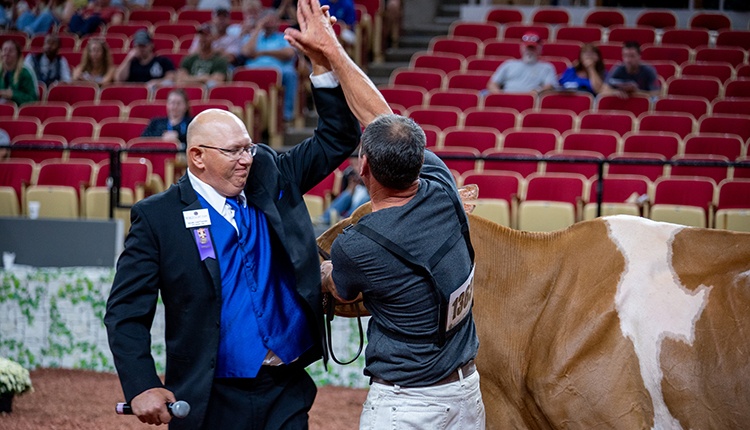
Trust can be hard to earn and even more difficult to repair once it is broken. Being trustworthy is one of the greatest gifts we can give our family, friends, and coworkers.
This year, many people have found themselves unsure of who to trust. Opinions about politics and the pandemic ran rampant on television, in print, online, and through social media. At times, it has been hard to know who or what to believe.
We watched store shelves go completely bare of hand sanitizer, toilet paper, canned goods, and more. This was a phenomenon most of us had never experienced before. Limits were placed on certain products, including milk, even though dairy farmers in parts of the country were pouring milk down the drain because there wasn’t a way to process it fast enough.
While consumers struggled to find the food staples and household products they needed, they did not place blame on farmers. In fact, according to a national public opinion poll conducted by the American Farm Bureau Federation in October, people’s confidence in farmers actually grew.
Nearly nine in 10 adults (88%) responded that they trust farmers. This was up 4% from a poll conducted in June.
The poll also dug into the public’s opinion about sustainability on farms. Eighty-four percent of respondents said environmental and economic sustainability should be very important or somewhat important to farmers. More than half of them (58%) rated the sustainability practices of farmers as either excellent or good.
Participants were given this data from the Environmental Protection Agency (EPA) and USDA: Farmers have put 140 million acres into conservation programs, more than doubled the amount of renewable energy sources they use in the last five years, and nearly tripled the amount of food grown in the last 70 years with the same or fewer resources. Based on that information, 47% of respondents described the accomplishments of farmers as excellent, and 34% said they were good.
While this knowledge does not make your day-to-day job on the farm easier, please know that the vast majority of consumers respect and value the work you do. They appreciate the food you provide and the steps you take to protect the environment. Through the uncertainty, we all still need to eat, and the general public trusts those of you at the ground level, working on the farm to fulfill this need.

The author is an associate editor and covers animal health, dairy housing and equipment, and nutrient management. She grew up on a dairy farm near Plymouth, Wis., and previously served as a University of Wisconsin agricultural extension agent. She received a master’s degree from North Carolina State University and a bachelor’s from University of Wisconsin-Madison.








